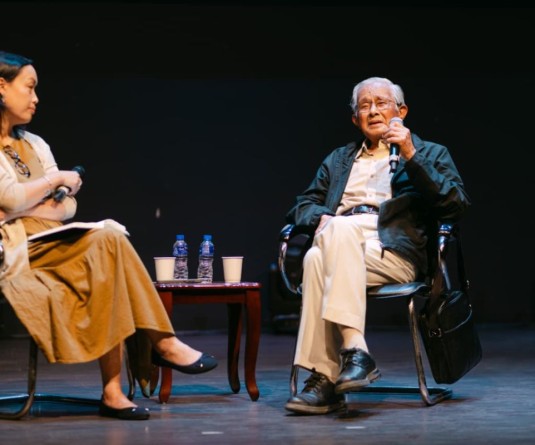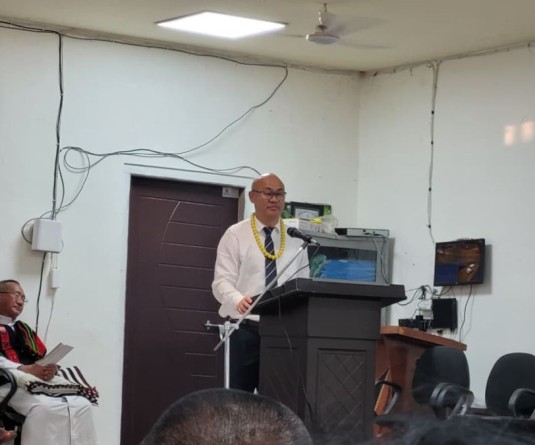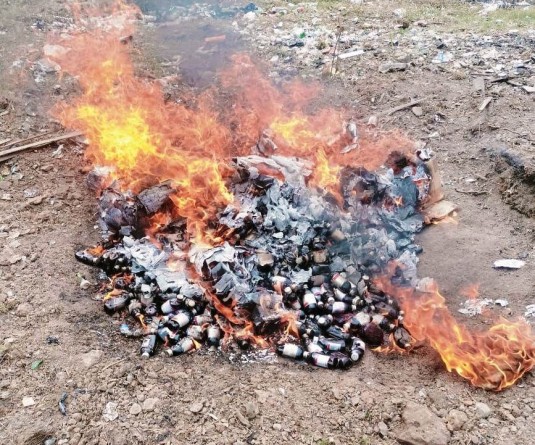
Chizokho Vero
Kohima | October 13
The need for amendment of the Village Council Act, effective implementation of VDB Act and immediate implementation of Nagaland Municipal Amendment Act (2006) were among the many recommendations emerging from the two day consultation on “Securing women’s rights-challenges and strategies” held here from October 12 to 13.
Amendment of Village Council Act to harmonize the Act with constitutional provisions and international obligations, immediate implementation of Nagaland Municipal Amendment Act (2006) and to work out modalities for its effective implementation had figured in the recommendations.
The House recommended for effective implementation of VDB Act to ensure representation of women in critical numbers. If necessary, amend the act to this effect, the recommendation said. It also recommended on the need for training and capacity building for women VDB members on leadership skills.
The recommendations, also touching several issues will be submitted to the state government soon, according to the organizers.
Other recommendations arrived at the consultation includes; sensitization of the institutions/judicial system/ parallel courts/ community leaders/church on Human Rights & Gender, creation of free legal aid cells for women in all districts and sub-districts, providing short stay homes and other allied services, sensitization on DV Act for protection officers, service providers. The House also made recommendations on the need for effective implementation of RTI Act and Social Security Act.
The House also felt the need to form a network of women’s rights activists from the state to act as an effective lobby group on critical issues. In this, members will be drawn from different walks of life including women’s rights groups, lawyers, academics, unorganised workers, others.
It also felt the need to build capacity for women’s organizations to network locally nationally and globally and also Nagaland State Women’s Commission to initiate and carry out gender sensitization and capacity building for bureaucrats and policy makers.
Sustained capacity building of women’s groups/organisation/ women’s tribal units, village councils on rights, increase budgetary allocation for women’s studies unit in University, women’s studies cells in colleges, capacity building of potential women candidates in electoral processes, training, exposure, documentation of customary practices related to women (all tribes in Nagaland), to remove discriminatory practices, campaign/ movement/ lobbying for reforming customary practices, bringing out writings and critical analyses from the state, resource allocation for gender budgeting, etc. also figured in the recommendations of the consultation.
In the area of unorganized workers, the House recommended on the need to spread awareness about domestic worker’s rights. It also recommended that the state must recognize domestic workers as workers and at the same time framing of a policy on domestic workers and to develop a street vendor’s policy based on National Policy on Urban Street Vendors.
Earlier, gracing the closing function here this afternoon, Kevileno Angami, OSD, Planning said the present government is working towards gender issues and to bring equality. Referring to gender budgeting manual, she said, the draft has already been submitted to the state government and the same is likely to be tabled in the forthcoming state assembly session.
Sharing her view on the recommendations arrived at the two day consultation; the OSD said the government has been receiving lots of recommendations from various NGOs on several occasions. She however, reminded that one must see that the recommendation is systematic and practicable, and also see whether it can be implemented in ground level or not. Kevileno said she was encouraged to see that women have come a long way and hoped to see that one day they are empowered enough and gender equal society is ensured.
It may be recalled that the consultation was organized by North East Network in collaboration with C- Cepr and NEIP.
The consultation deliberated on various topics like customary laws and gender issues in the context of Nagas, law and women rights- state and international laws, securing women’s rights- challenges and strategies, women in the unorganized sector- local context and food security- women land rights & women’s labour etc.






